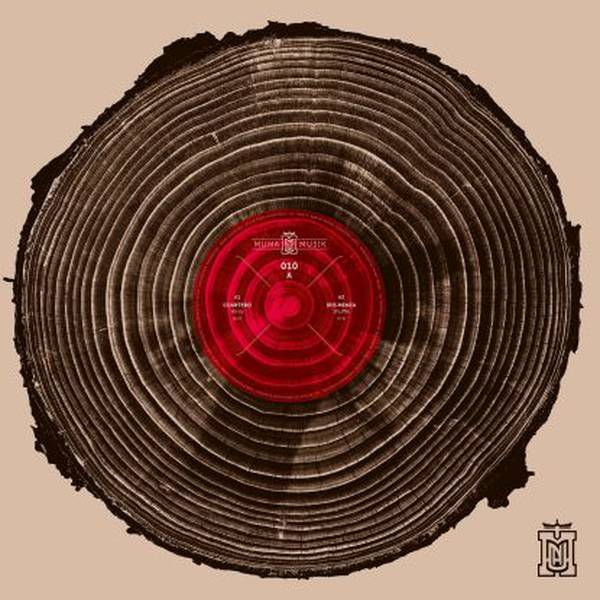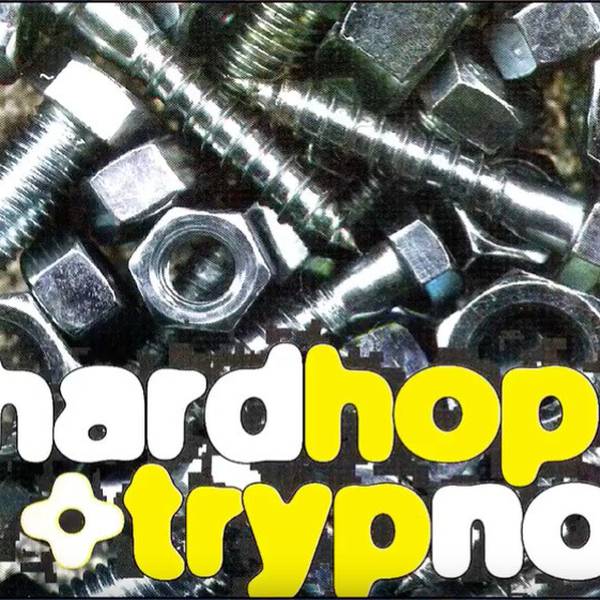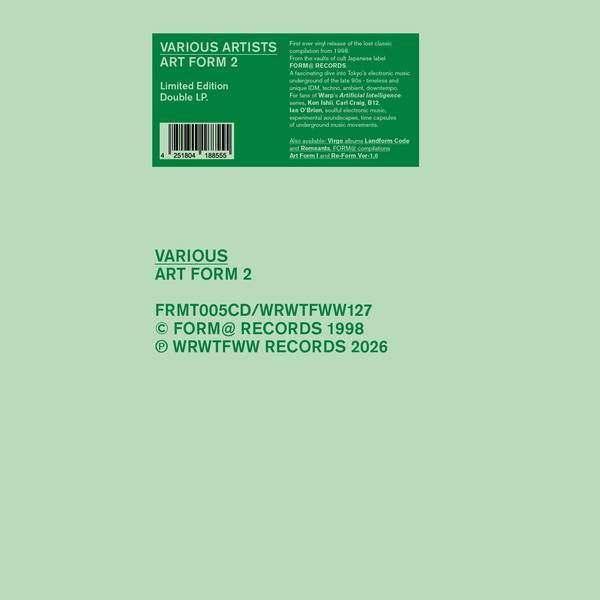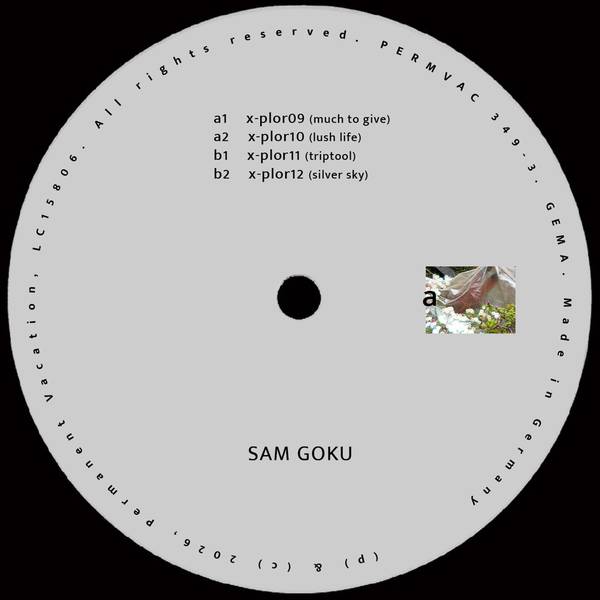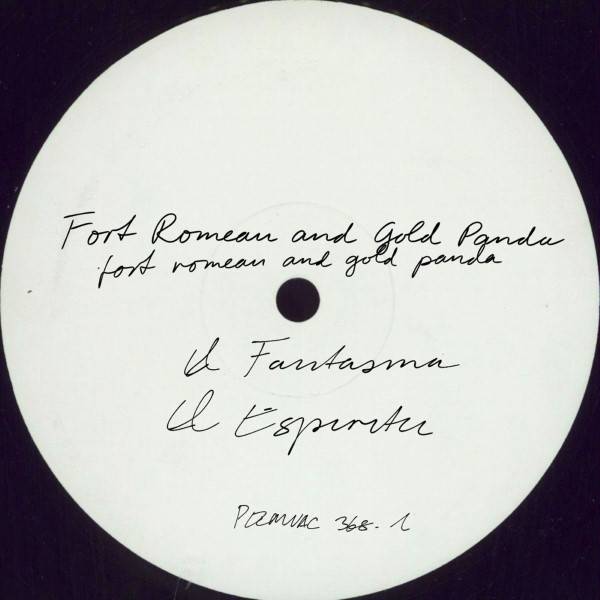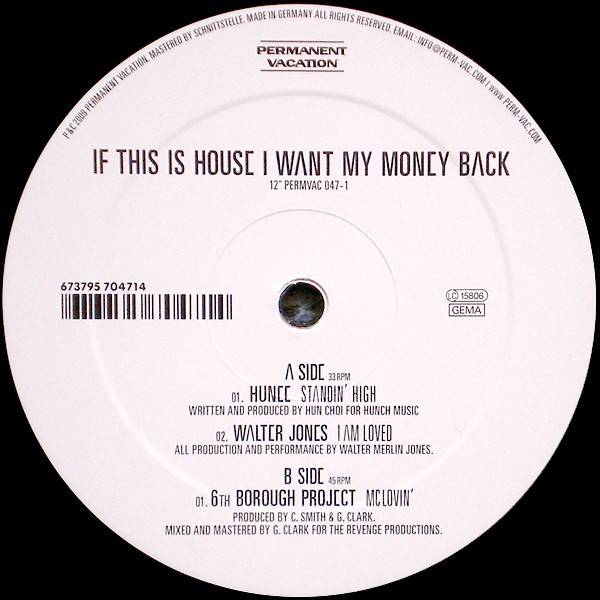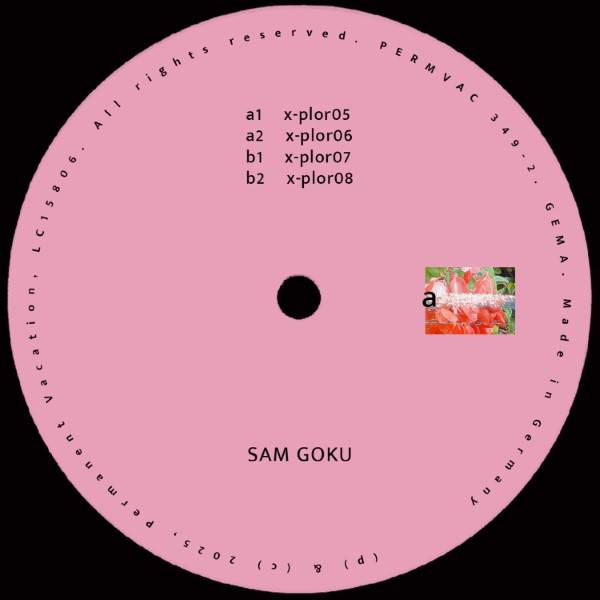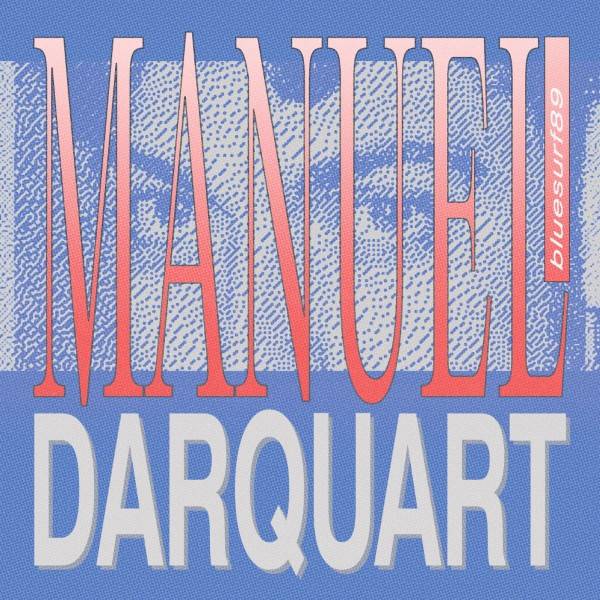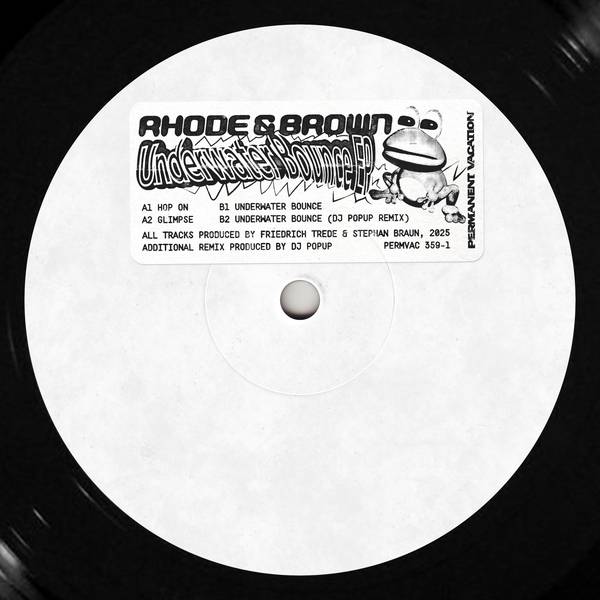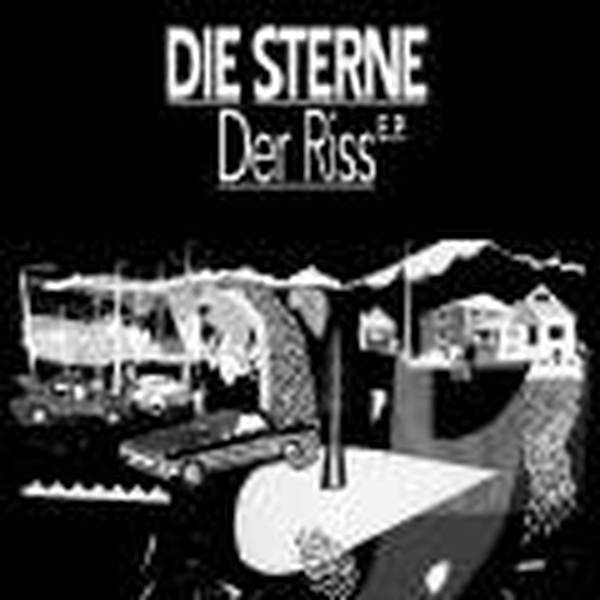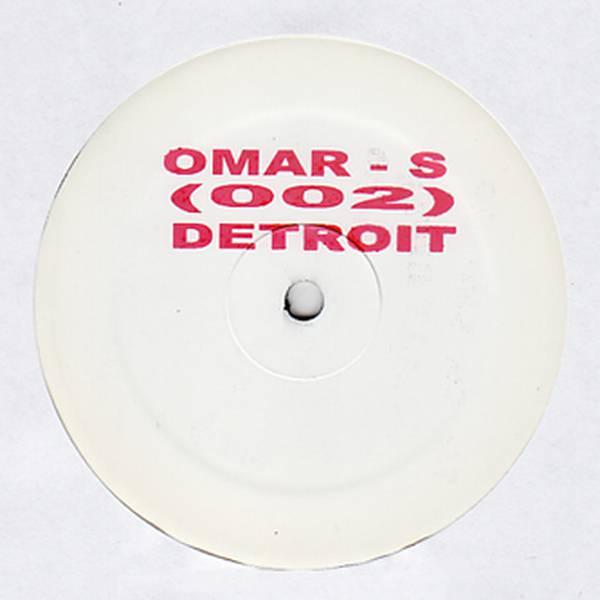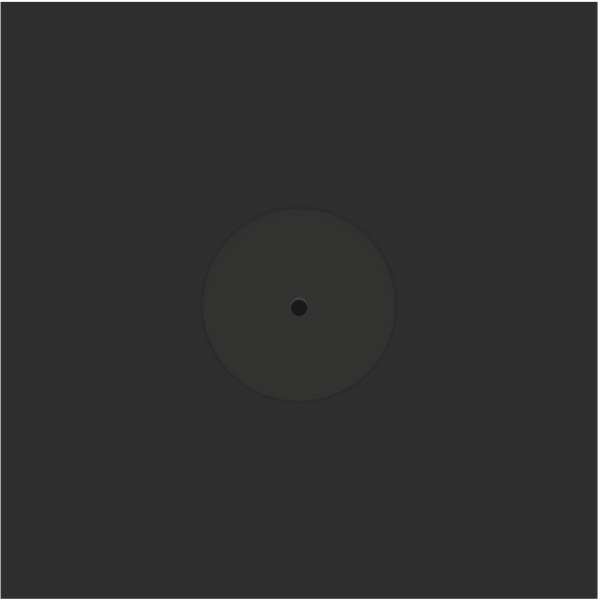
Tax included, Shipping not included
Eight almost forgotten pieces of electronic music recorded in communist ruled East Germany between 1981 and 1989. Compiled by Florian Sievers (Groove magazine). Pond's "Seidenstrasse" is exclusive to this vinyl release.
Their country wasn't particularly big - in fact at times it felt downright claustrophobic to them, hemmed in by an impenetrable border. How vast and wide open the outer space seemed by comparison, expanding above their heads to infinity. No wonder then that one day some of them began to flee their cramped country into the cosmos. Not literally, of course. Instead of Energia rockets and Soyuz space capsules, their means of space travel was synthesizers, drum machines, and samplers. Out of them artists in the German Democratic Republic - post-war communist ruled East Germany - created electronic music that let musician and listener flee from the everyday realities of East Bloc life. Off into a swirling, nebulous fantasy landscape. Into strange, faraway galaxies. And sometimes into a pumping discotheque in a space station orbiting the earth.
Tangerine Dream, Vangelis, Jean Michel Jarre, and Klaus Schulze were their conspirators in flight, along with Genesis, Pink Floyd and Emerson Lake and Palmer. By the time GDR electronic artists were able to finally bring out their albums in East Germany between 1981 and 1989, the high point for this style of music in the West was already a few years past. The socialist state heavily regulated pop music. There were licenses necessary to play live, and only a few state-sanctioned artists were allowed to put out albums on the one state owned record company, the Volkseigener Betrieb Deutsche Schallplatten Berlin DDR and its label Amiga. But at some point in the early 1980s, the government leadership decided microcomputers were the future and gave the green light to the then futuristic sounding music made with them. Still Eastern electronic musicians had the problem of getting hold of synthesizers and drum machines from Japan or the US and smuggling them into the GDR. And they could only hear the bands that inspired them surreptitiously, listening illegally to Western radio. Cassette tapes of the West Berlin radio show "Steckdose" (Plug), which billed itself as "computer music/music computer," were passed around among members of the Eastern scene.
Beginning in the 1980s, East German musicians began to produce their own versions of Western electronic music from the 1970s. The amazing thing: In a land where engineers and cosmonauts were held up as heroes, nobody, it turned out, wanted to make cold-sounding electronic music. Kraftwerk, for instance, were not the slightest bit influential in the East. Instead, it was all about expansive Krautrock jams that were so psychedelic it's hard to imagine they were not fueled by drugs (though everyone involved claims they really weren't). There were endless synth epics that tell about trips to distant galaxies. There were Balearic ambient sounds that made you daydream about the nude beaches along the Baltic sea. There were disco tracks with heartbreakingly emotional guitar solos.
There were Italo-disco odysseys from artists who had never been anywhere near Lake Garda. The result was a series of virtuosic rip-offs, serendipitous screw-ups, and beautiful misunderstandings.
I was first intrigued by East German electronic music when I ran across an old album being used as a prop in a display at a well-known Swedish furniture chain. On the back of the sleeve was a photo of two men in identical overalls, on the front was a cyclone swirling above a computer-grid-like horizon. Across the top, written in digital alarm clock letters, was written 'Pond - Planetenwind'. Electronic music from the GDR! I, having grown up in West Germany, didn't know such a thing existed. My first thought was to steal the record. Instead I asked one of the workers at the furniture warehouse and he was kind enough to give it to me. It had spent many years molding in the attic of one of his colleagues, and was now nothing more than decoration. Which was a real shame, as I would discover as soon as I listened to it at home. But where that had come from, there must be others. I began scouring flea markets in Eastern Germany, slowly assembling a collection. I sought out the original musicians, getting them to tell me their stories and to play me their vintage music. For all of them, the end of the GDR in 1989-1990 marked a stark break in their personal histories. What's preserved are twelve LPs of electronic music issued between 1981 and 1989. It's a forgotten chapter in the evolution of electronic music, but a chapter that left behind some delightful obscurities.
Florian Sievers
Translation: Virginie Varlet / Tim Mohr
www.perm-vac.com
www.myspace.com/permanentvacationrecords
Details
Genre
Release Date
15.01.2010
Cat No
PERMVAC048-1
Produkt- und Herstellerinformationen
